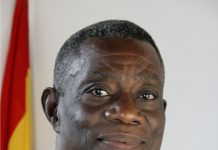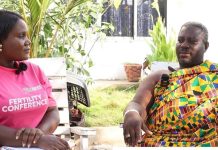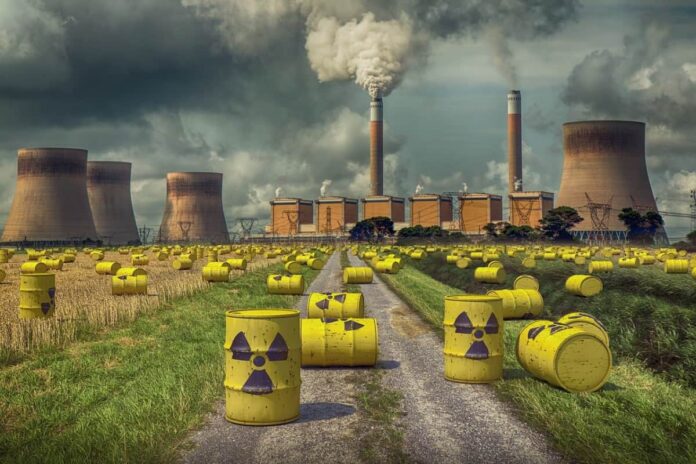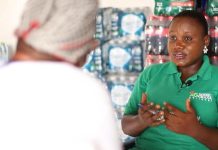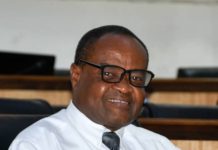CAPE TOWN, South Africa, April 13, 2022/ — A series of open lectures by leading scientists from the supporting universities of Rosatom (www.Rosatom.com) was held for school children and students from South Africa on March 31.
The purpose of the event was to show students and future applicants the relevance of the challenges facing the nuclear industry, as well as the professional and career potential for talented young people in Africa in the field of nuclear energy.
The lectures were organized by the University of Johannesburg, University of Cape Town, Johannesburg Forest Town School, Roosevelt High school together with Peoples’ Friendship University of Russia (PFUR), Tomsk Polytechnic University (TPU), MEPhI, MISIS with the assistance of the State Corporation Rosatom.
Leading nuclear experts – Dr. Vera Verkhoturova of Tomsk Polytechnic University, Prof. Vasily Kornoukhov of MEPhI, and Prof. Andrey Polisan of MISIS participated in the online lecture.
The school children listened to a general lecture on the potential of the nuclear energy and jobs of the future.
As for the lectures for the students, the experts relying on scientific research and practical experience shared their knowledge and opinion on the most important and urgent issues – prospects of nuclear industry development, use of nuclear technologies in medicine, industry, and agriculture, the impact of nuclear industry on the environment and methods to reduce the negative impact on the environment in the world.
Prof. Vasiliy Kornoukhov from MEPhI noted that the sustainable development of the modern economy requires technological progress in various fields of human activity.
In addition to power generation, nuclear technologies are widely used in agriculture, medicine, ecology, etc. A detailed analysis of how nuclear energy can be implemented in these spheres of our lives and be used for research was offered to the students.
The speakers noted that in order to appreciate the science and technology underlying modern nuclear technologies and prospects for their use in the future it is important for specialists to have certain skills, and these must be developed by young scientists in their student years.
More than 300 people from South Africa attended the lectures. The students noted the relevance of the topics and the quality of the content of the educational program, which allowed them to get a full picture of the various non-energy uses of the peaceful atom.








